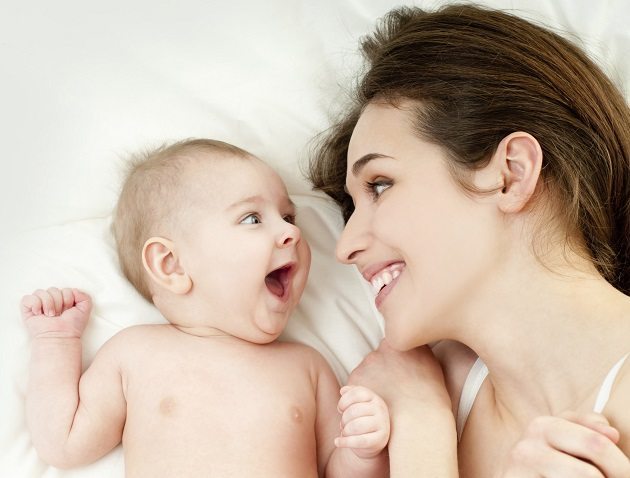Study shows the effects of ‘baby talk’ on babies’ speech development
A new study, published in the journal Developmental Science, has found that babies respond better to the sound of other babies’ talk, rather than the baby talk of a parent or adult.
Researchers at McGill University in Canada found that babies were more attracted to their own sounds than the sounds of adults mimicking baby talk though various experiments they made.
The researchers played a repeating vowel sound to the babies, which were made using a synthesis tool instead of human vocal cords, and was played in two formats; one format similar to how an adult female would mimic baby talk and the other format mimicking actual baby talk.
The research team measured how long each of the two formatted sounds held the babies’ attention, with the results showing that they responded quicker and longer to the sounds that mirrored their own, listening on average 40 per cent longer.
However, according to the study, parents of small babies who engage in baby talk with their little ones could simply be acting on human parental intuition.
Senior author, Professor Linda Polka, of McGill’s School of Communication Disorders said: “Perhaps, when we use a high, infant-like voice pitch to speak to our babies, we are actually preparing them to perceive their own voice.”
Polka went on to describe how babies’ early speech attempts and ‘baby talk’ are an exploration of speech for them, more so than an attempt at communication, as babies often speak to themselves even when not in the company of adults or other babies.
The study highlights the importance of speech development in babies through communication with both their parents and fellow babies.
maternity & infant
Originally posted 2015-05-18 14:53:08.

